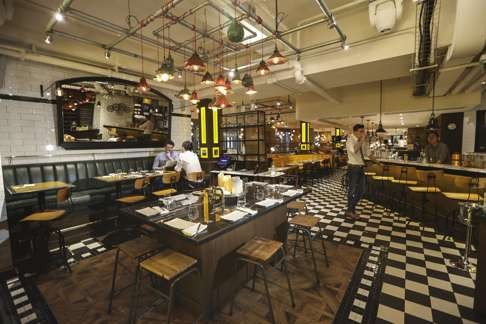
After IPO, Hong Kong’s Dining Concepts CEO shares China growth plans
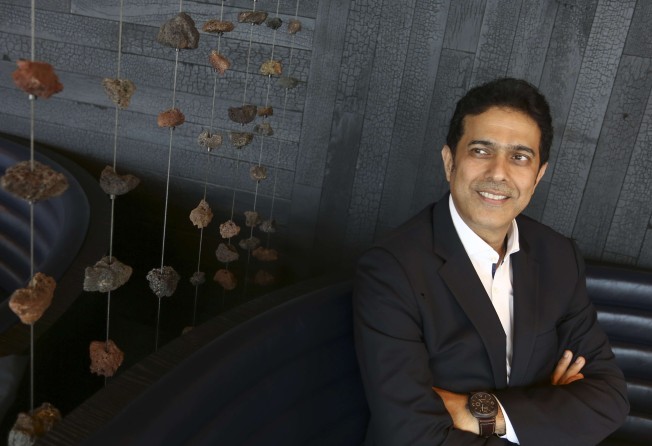
It was a big debut for local restaurant group Dining Concepts. Not the opening of a new venue, but a listing on the Hong Kong stock exchange. Priced at 45 cents, the group’s shares leapt 1,700 per cent to a high of HK$8.02 when trading commenced on August 5 this year, before closing the day at HK$4.28. They have since pretty much levelled out at about 60 cents.
Dining Concepts’ chief executive, Sandeep Sekhri, claims he doesn’t monitor how the share price is performing; for him, it’s about reaching his next goal of doubling the size of the business in the next few years.
The group’s key business strategy is partnering with celebrity chefs, from Laurent Tourondel and Gordon Ramsay to “mixultant” Joseph Boroski. It operates 24 restaurants and bars in Hong Kong, including Ramsay’s London House and Bread Street Kitchen & Bar, Mama San, Bombay Dreams, Al Molo and BLT Burger. The group recently teamed up with designer Ashley Sutton to open the fantastical Ophelia, complete with dancers in cheongsams and handmade peacock-feather tiles, and another venue, Iron Fairies.
“We’re not small any more; we’re mid-sized. If we want to expand regionally or even locally we have to go to the capital markets,” says Sekthri, who is dressed in a dark suit and sitting in the private room of one of his newest ventures, Alto, with a bird’s eye view of Causeway Bay from the 31st floor. It’s a sleek restaurant designed by Tom Dixon, meant to showcase the designer’s range of furniture, lights and tableware.

“I didn’t know we had to have a water pollution licence,” he says, explaining that it’s a requirement for stock exchange disclosure purposes rather than licence renewal. “If you are ignorant of something, the fault lies with you.”
He was told preparation for the IPO would take nine to 12 months, but in the end it took Dining Concepts 18 months of fielding questions and fulfilling requirements.
The restaurant group has set its sights on expanding north across the border, a move that could be made possible by one of its investors, Wang Sicong – the son of China’s richest man, Dalian Wanda Group chairman Wang Jianlin.
The younger Wang is the founder and chairman of Prometheus Capital, described on its website as a private equity fund – although it reportedly received 500 million yuan solely from the family patriarch.
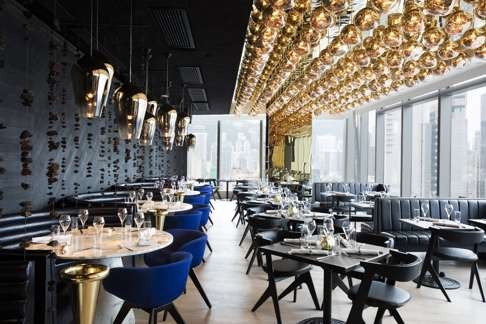
Wang Sicong is probably best known for off-the-cuff remarks, such as saying his top criterion for a girlfriend was that she be buxom. More recently he posted a photo on social media of his dog sitting beside a stack of eight iPhone 7s, which he purportedly bought for the pet.

“We met through a bank in December 2014. He grew up in the UK so he has a London accent,” Sekhri says with a smile. “He’s a foodie, likes to cook and is very knowledgeable about food. He’s got extremely good taste.
“Of course, he tried some of our restaurants and he likes what we do. I found him very grounded, very intelligent, very together and very focused.”
Sekhri is coy when asked about Dining Concepts’ expansion plans in China, though he hints at possible entry points through Dalian Wanda Group, whose portfolio includes some 84 hotels and 120 shopping malls. Sekhri says his group could possibly enter the China market at the casual dining level.
“The average spending is 80 yuan [HK$93] to 100 yuan, but the market is massive. The 300 to 400 yuan [segment] is harder,” he says. “We could do something scalable, something that can replicate the scale and size in China, and start in some region and expand. They [Wanda] have a footprint all over China.”

The valuation is low for a stock like Dining Concepts ... That’s because rental is still a major challenge, and labour costs are high
“Dining Concepts offers so many brands, but there are already lots of these kinds of restaurants in China. Also, the locations of some Wanda shopping malls aren’t necessarily the best locations for restaurants. It’s downtown centres where people want to eat,” he says.
“Shanghai is usually the first stop. It makes more sense for Dining Concepts to be there. I’m not saying it can’t work, but it will be a different operating environment and finding the right locations won’t be easy.”
He says Dalian Wanda Group has many hotels attached to shopping malls, and for Dining Concepts to succeed, it needs to get the scoop on which locations are best to operate in.
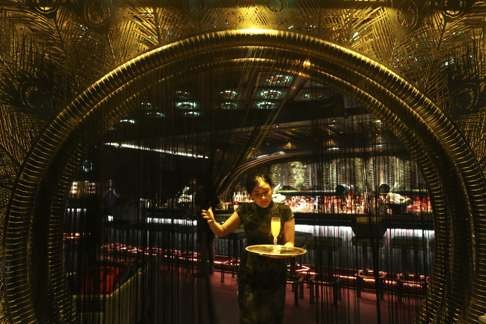
“If you’re centrally located, then hotel rooms can command 1,000 yuan to 1,500 yuan per night, whereas Wanda ones are around 600 yuan to 900 yuan. Wanda hotels’ position in price and brand is good, but it’s not premium.
“There are 2,300 shopping malls in China; not all are good,” Chuang continues. “They need time to grow; many have the wrong brand mix. Community malls are anchored by hypermarkets, and to attract restaurant traffic, that’s limited.”
Hanna Li, a senior analyst with UOB Kay Hian, says it’s not a good time to launch an IPO; nor is there much appetite for restaurant stocks because they have low growth rates.
“The valuation is low for a stock like Dining Concepts ... That’s because rental is still a major challenge, and labour costs are high,” she explains.
She says the restaurant sector hasn’t been popular with investors since last year. “In 2014, [the stock price of] Tsui Wah was HK$3.00, now it’s HK$1.70. Tsui Wah wasn’t able to open as many outlets in China as it had hoped [it has 30 in Hong Kong and China, and was targeting 80 by the end of 2017]. The growth prospects in China are an important factor, but it’s been slowing down these two years.”
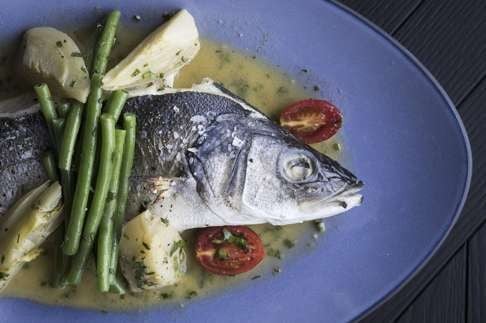
“How much can they expand and how can they do it? Their IPO was quite recent, but if he [Sekhri] can prove he can roll out restaurants in China, then he will do well.”
At the end of the day, it’s survival of the fittest. Good or bad times, it doesn’t matter that much
As far as Sekhri is concerned, there’s no good or bad time to launch an IPO, though he seems confident having built up Dining Concepts from scratch in 2003.
“I have been in Hong Kong for 26 years. I have seen five, six business cycles ... I don’t lose my sleep over things dipping down.
“We’ve had amazing years in Hong Kong, 2012-14 was an exceptionally amazing three years; 2014 after Occupy [protests] it started to dip a little bit and it’s continued in most of the segments of the economy. We have also felt the pinch; I guess we’re not recession-proof. The cost of doing business continues to rise – payroll, rental, commodities, food and wages – the [profit] margins keep shrinking.”
Nevertheless, with Dining Concepts’ 14-year track record, Sekhri says he is able to negotiate better leases with landlords.
“At the end of the day, it’s survival of the fittest. Good or bad times, it doesn’t matter that much. You work hard, you deliver, you have the right product – it’ll work. Things do turn around. Hong Kong is definitely very resilient. It bounces back faster than other cities.”